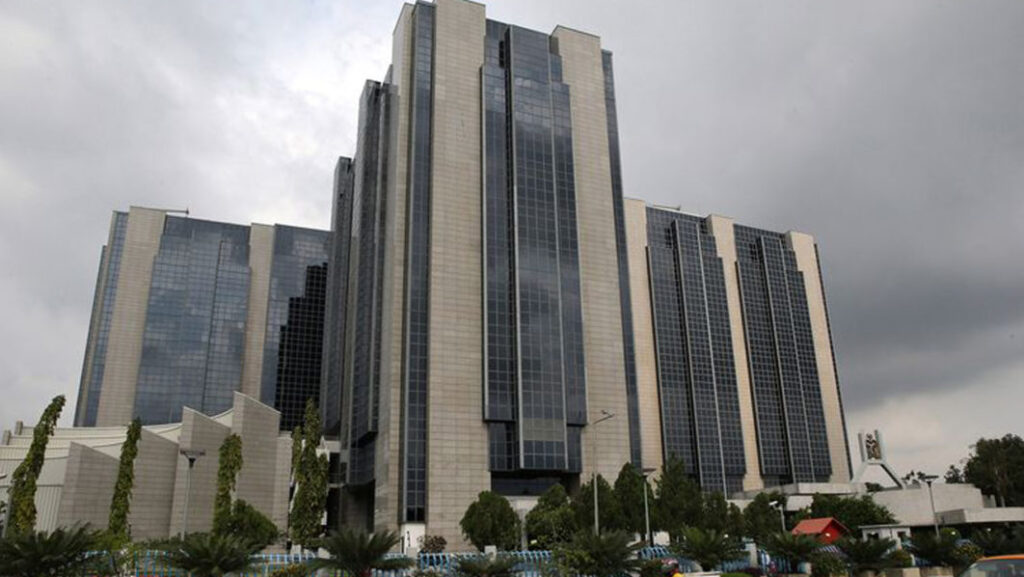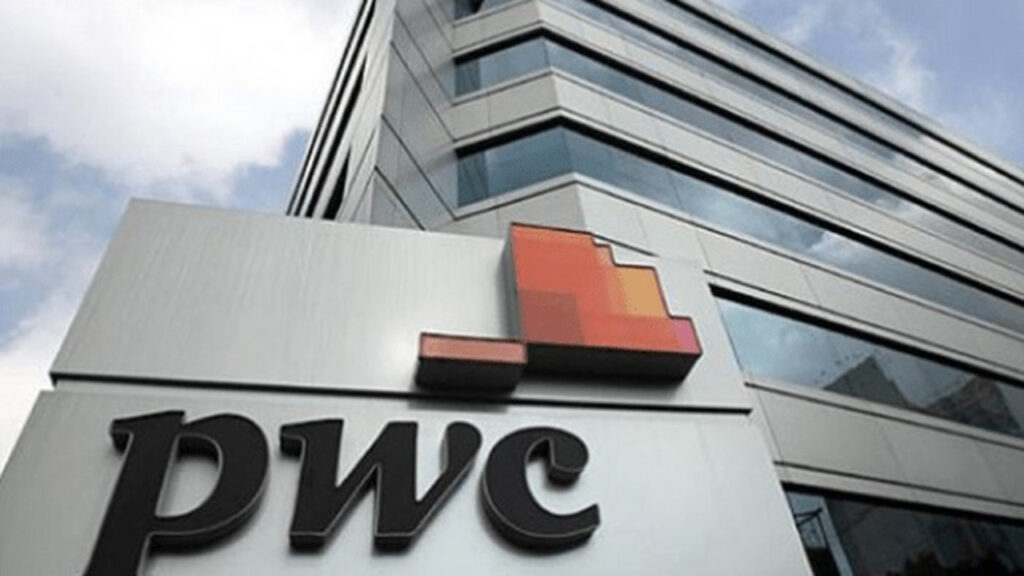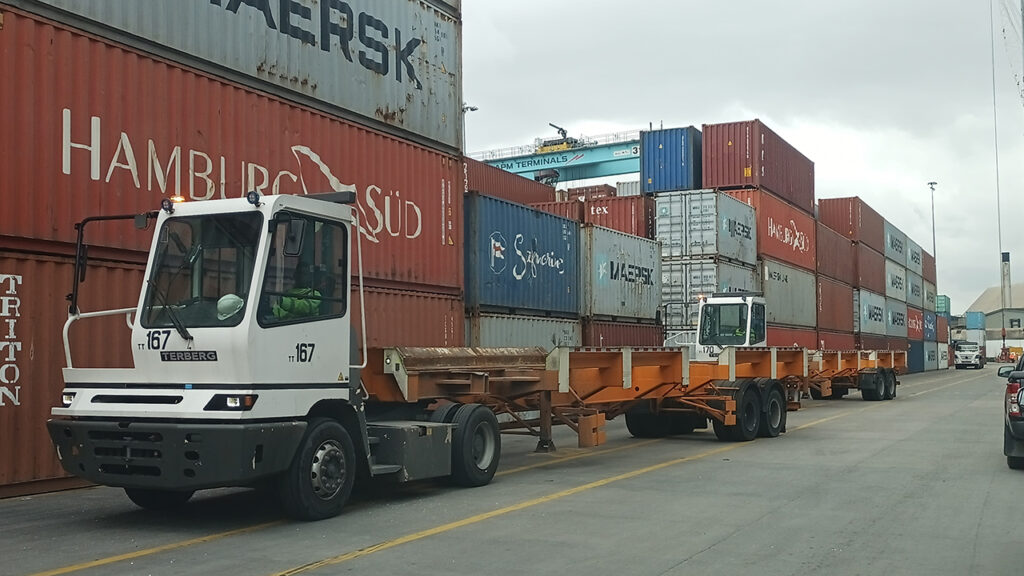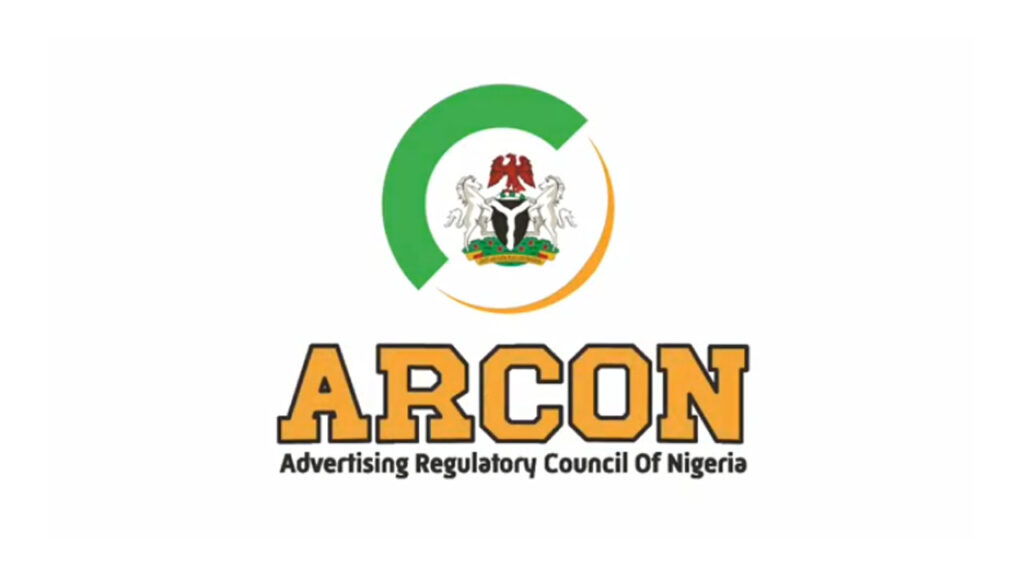
PROACTIVELY designed to salvage Nigeria’s economy from its monolithic trend, the Nigeria Industrial Revolution Plan (NIRP) has been described as the game changer for Nigeria in further deepening the promotion of diversification through effective exploitation of resources where the country has competitive and comparative advantage.
At best, the NIRP was tagged the most ambitious and comprehensive industrialisation programme because it is based on the areas where Nigeria has competitive and comparative advantage such as agriculture and agro-products, metals and solid minerals, oil and gas, construction and light manufacturing services. It has identified those sectors where Nigeria can be number one in Africa and top 10 globally.
President Goodluck Jonathan while speaking during the launch of the NIRP in Abuja, described the NIRP as the most ambitious and comprehensive road map that would transform the nation’s industrial landscape, boost skills development, enhance job creation and conserve foreign exchange.
He said, “The NIRP is the flagship industrialisation programme ever embarked upon by this country. It will fast-track industrialisation, accelerate inclusive economic growth, job creation, transform Nigeria’s business environment and stop the drain on our foreign reserves caused by importing what we can produce in locally.
The President stressed that the NIRP would address all the major physical constraints towards industrialization, improve the nation’s investment climate and promote the patronage of made in Nigeria products.
Jonathan said, “The NIRP will also address the physical constraints that have consistently inhibited the growth of manufacturing by building industrial infrastructure, prioritise power for industrial use, reduce borrowing cost and mobilise funds for the real sector. It will help to build our industrial skills, improve our investment climate, raise our product standards, link innovation to industry and ensure local patronage of made in Nigeria goods.
“The goal of the Nigeria Industrial Revolution Plan is to increase the contribution of the manufacturing sector to GDP from the present four per cent to more 10 per cent over the next five years. This will boost the annual revenue earnings of the Nigerian manufacturers by up to N5trillion per annum.”
Will the NIRP survive under a new administration? The Manufacturers Association of Nigeria (MAN), Lagos Chamber of Commerce and Industry (LCCI) and other stakeholders advocate the sustenance of selected policies and programmes of the present administration that currently offer value to the economy.
President, Manufacturers Association of Nigeria (MAN), Dr. Frank Jacobs urged the incoming administration to embrace and sustain policies that aid the industrialization of the country.
He said: “The incoming government should set on whatever good policy the outgoing administration had put in place especially in the area of trying to diversify the economy. This is particularly important now that we are having challenges with the price of crude oil in the international market.
“The outgoing government has come with the National Industrial Revolution Plan (NIRP) which is a very good policy that has been put together by the public and the private sector. The incoming government should sustain that effort and implement policies in a way that will help empower manufacturers.
“We have to recognise the importance of manufacturers in generating employment and other issues that affect this country. Therefore the issue of manufacturers’ empowerment should be given attention so that they would be able to address the problem of employment in the country”.
For the Lagos Chamber of Commerce and Industry (LCCI), the incoming administration needs to address fundamentals like the high cost of doing business and low productivity, which could be ascribed to macroeconomic factors, institutional challenges and structural issues.
Specifically, the stakeholders believe that government will need to look outward at industrial policies and permissive economic strategies anchored on free market economy, including deregulation, liberalisation, free entry and free exit of factors of production, local resource development and utilisation, among others.
The thrust of such outward position will be to enhance capacity production utilisation in the manufacturing sector, as well as vigorous export promotion and expansion through the provision of appropriate mix of incentives to local and foreign investors, manufacturers and exporters, so as to encourage increased domestic production and export of made in Nigeria goods which have huge potential to generate alternative streams of foreign exchange to crude oil of which the economy is currently heavily dependent.
Furthermore, in order to attract Foreign Direct Investment which is very key to industrial development, government will need to play the role of an enabler or a catalyst by creating an enabling environment in terms of putting in place investor-friendly policies and special incentives, as well as efficient and functional infrastructure, particularly up-scaling the power sector output, for businesses to thrive.
According to the LCCI, the incoming administration needs to address fundamentals like the high cost of doing business and low productivity, which could be ascribed to macroeconomic factors, institutional challenges and structural issues.
The stakeholders believe that if Nigeria is to unlock and unleash her vast economic potential and truly achieve the goal of industrial revolution, beyond sloganeering, there is the need to substantially improve the business environment and make it more friendly and conducive to both local and foreign investors, especially in terms of the ease and cost of doing business.
A leadership and change management expert, Kayode Oluwa stated that in order to enhance the ease and cost of doing business in Nigeria and overcome the challenge of “multilaterisation” (multi-layers) of investment decisions and approvals, especially the overlapping functions by multiple government agencies at local, state and national levels, which is hampering the smooth operation of many businesses, there is a necessity for the setting up of a “one stop shop” government Ministry, Department and Agency staffed with multi-disciplinary professionals, including, administrators, project managers, engineers, architects, surveyors, IT specialists, among others.
This “one stop shop” government agency should be designed and structured to specifically promote and oversee the interests of business organisations and potential investors.
To sustain the NIRP, stakeholders believe that enablers should be empowered for effective implementation of designed strategies.
“The incoming administration should improve the scope and depth of financial intermediation for the benefit of all investors in the economy irrespective of size. Guidelines for accessing intervention funds should be reviewed and made less stringent.
“They need to ensure a level playing field for all investors across all sectors with regard to import tariffs, funding opportunities, tax incentives, among others, ensure the sustainability of selected policies and programmes of the present administration which currently offer value to the economy and ensure robust consultation with the private sector bodies for inputs into policy formulation processes”, the LCCI added.
Although the automotive, agro-allied sectors and Small and Medium Enterprises (SMEs) seem to be at the forefront of the NIRP implementation, it is believed that with a visionary and purposeful leadership, good governance, effective legal, regulatory and institutional framework, as well as structural economic reforms and the political will to see through the reforms, Nigeria can leverage and consolidate on the experiences of the industrialised countries, in our quest for industrial revolution.











